CDL-MERI Partner Workshop (Jan 2026)
We kicked off the new year with an insightful workshop with our Company Partners Verbund, ViaDonau and Österreiche Bundesforste.
The first part was a Synthesis workshop which summarized the results gathered over the past 2 years.
The second part of the workshop involved discussions on future management scenarios which will form the basis of future analyses.
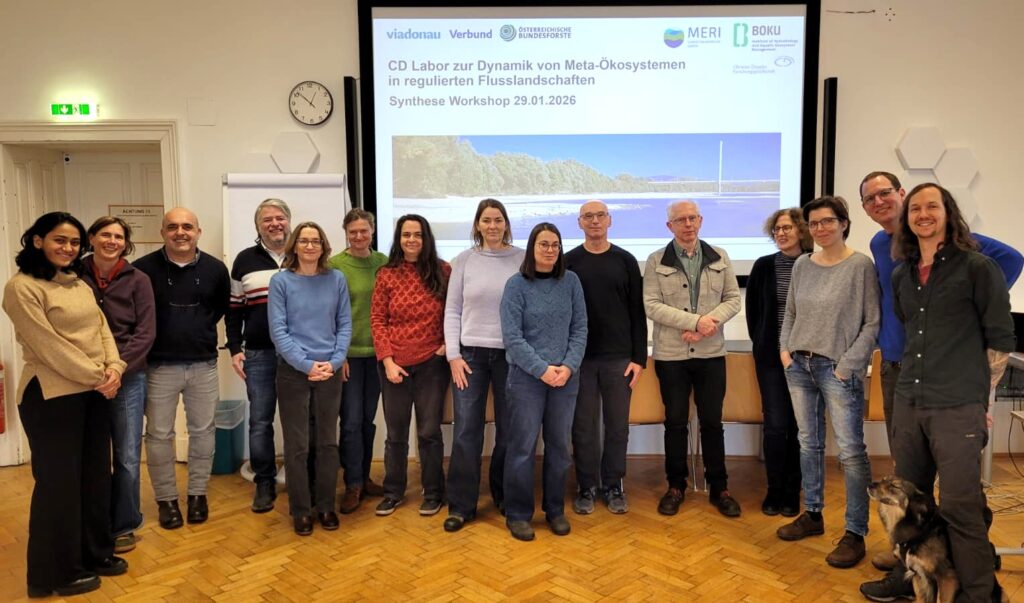
🐟🌿 Biodiversity Days 2025 🌍
At #BiodiversityDays25, researchers, NGOs, policymakers, media & citizens came together under the motto: “Together out of the biodiversity crisis”.
Prof. Thomas Hein presented research on the ecological development of the Danube & the latest Austrian Biodiversity Barometer.
Johannes Kowal & Dr. Florian Borgwardt discussed water connectivity in the Danube tributaries.
Dr. Martin Tschikof highlighted challenges & solutions for the protection of Danube fish

Tauche mit uns ein in die Donau!
Am 24.05.24. geben euch die Projekte LifeBoat4Sturgeons & CDL MERI Einblicke in ihre Forschung und den Lebensraum Donau.
Kommt vorbei und beobachtet wie Algenboote um die Wette flitzen und erfahrt, warum Kieselalgen auch als Juwelen der Gewässer bezeichnet werden.
Seit live dabei, wie unsere Störe automatisch an unserer PIT-Antenne registriert werden und erfahrt, wie damit die Wanderung von Fischen untersucht wird.
LangeNachtDerForschung:
https://langenachtderforschung.at/station/4063
LifeBoat4Sturgeons:
https://lb4sturgeon.eu/
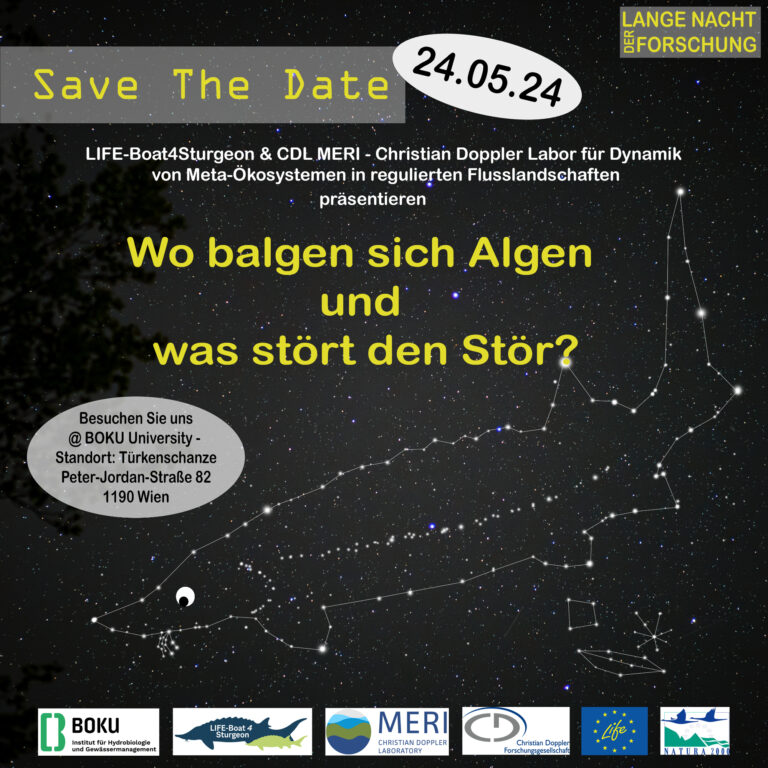
Quo vadis, Donau? Die Donau zwischen Schutz und Nutzung Zukunftstalk (28.2.): Die Donau als Lebensraum von Fischen
Anmeldung zur Veranstaltung vor Ort und Programm: https://lnkd.in/dSeKjN29
Livestream (streaming.at): https://lnkd.in/dcaqN6ca
Informationen zum CD-Labor: https://lnkd.in/eH3fb5cx
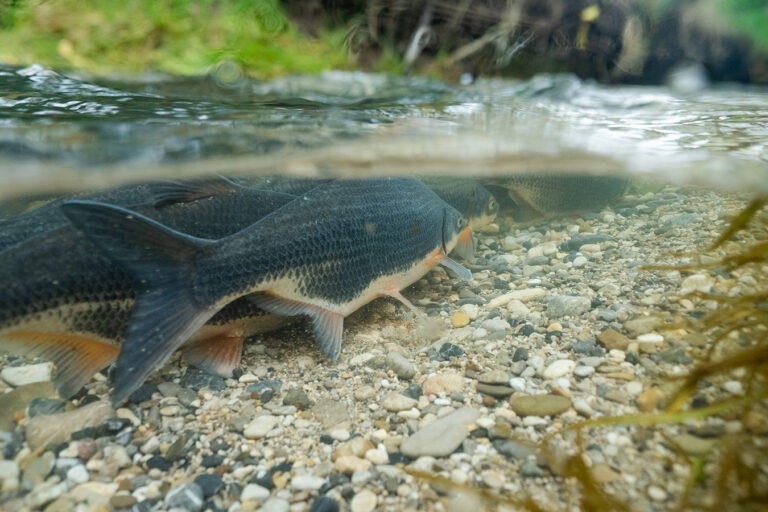
CDL MERI Workshop
CDL MERI organised a workshop with international experts on 24 and 25 November 2022 to work on the meta-ecosystem concept for fluvial systems.
During the two-day workshop, new aspects and knowledge gaps were discussed and a basis for future international cooperation was established.
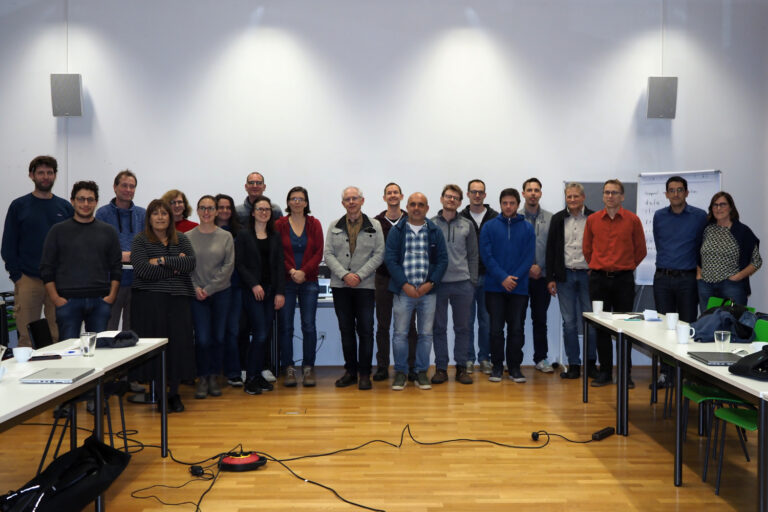
Christian Doppler Laboratory for Meta Ecosystem Dynamics in Riverine Landscapes
The CD Laboratory systematically and comprehensively investigates the complex meta-ecosystem of the Austrian Danube to understand the impact of human activities on biodiversity and ecosystem services and to develop sustainable ecological measures for future management of the Austrian Danube.
The laboratory is funded by company partners and the public sector (50% each). The public funding bodies are the Federal Ministry for Economy, Energy and Tourism and the Christian Doppler Research Association.
Company partners are viadonau – österreichische Wasserstraßen-Gesellschaft mbH, Verbund Hydro Power GmbH and Österreichische Bundesforste AG.
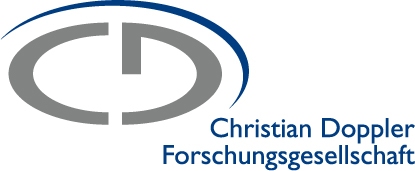

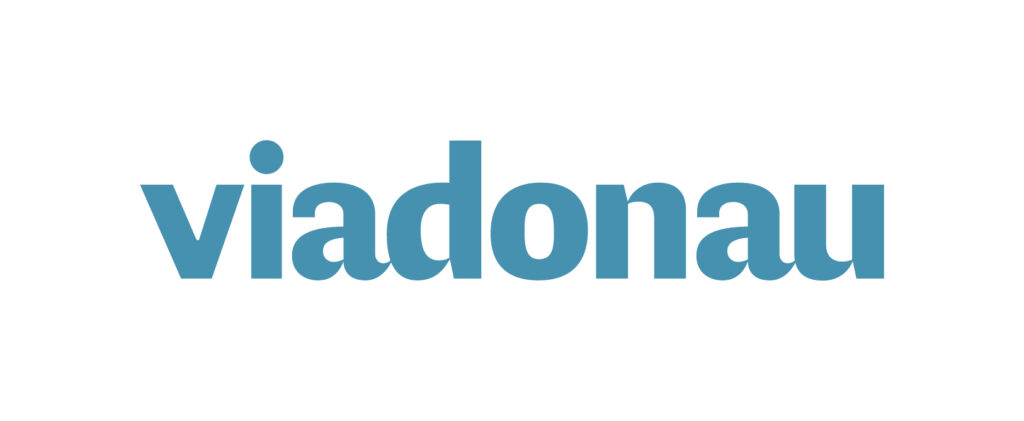
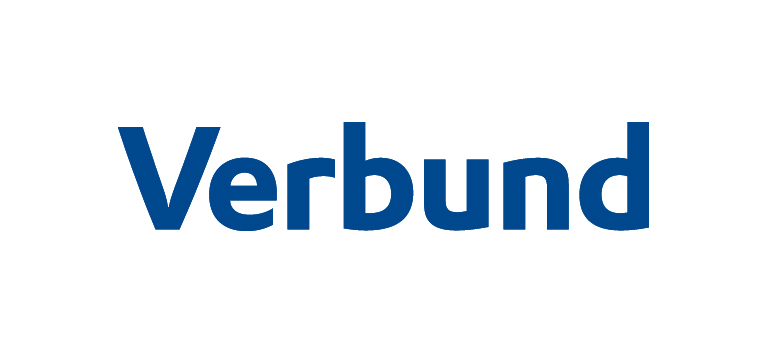

Christian Doppler Research Association
The Christian Doppler Research Association promotes the cooperation between science and business. Specifically, this takes place in specially established research units with fixed terms, in which application-orientated basic research is pursued: Christian Doppler Laboratories at universities and non-university research institutions, Josef Ressel Centres at universities of applied sciences.
Under the direction of highly qualified scientists, research groups work in close contact with the commercial partners on innovative responses to business-related research issues.

